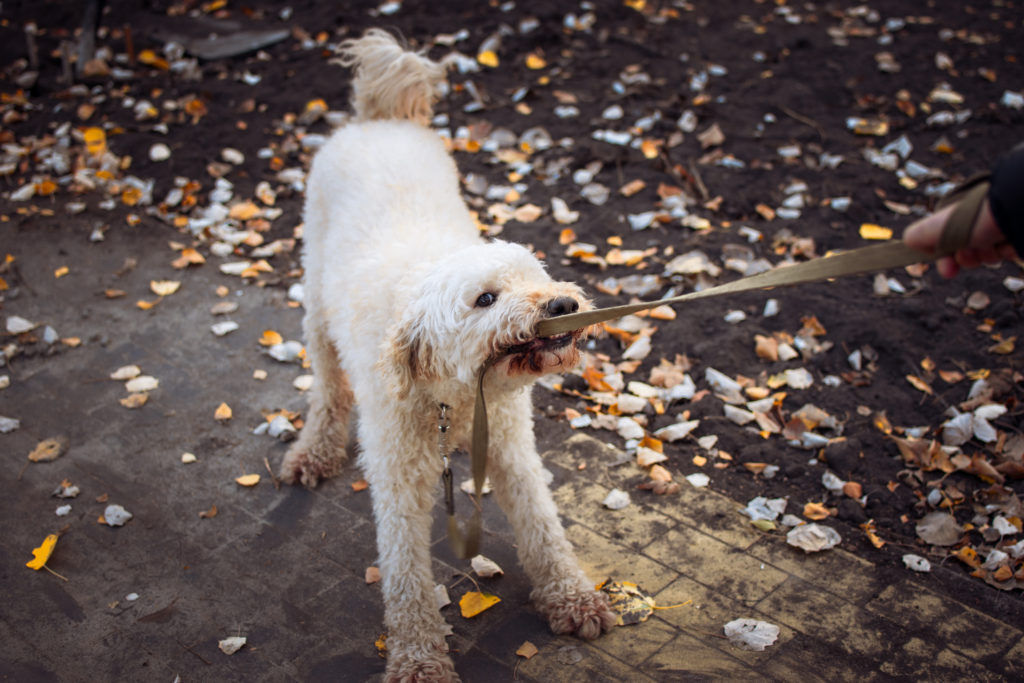April 1, 2021
Helping The Challenging Dogs

Over the years, the Ottawa Humane Society has thankfully seen the admission of fewer dogs. Boxes of unwanted puppies are largely a thing of the past. But while fewer dogs need our care, the extent of the care they need has increased hugely.
Those boxes of the past were full of dogs that just needed to be vaccinated and sterilized and little more. They would be adopted in days. Today’s dogs are more likely to come with a host of behavioural and medical issues that we need to address — often over several months — before adoption. And even once addressed, the dogs may stay in our care for several more months waiting for families that are ready and able to meet their needs.
Medical issues have always been more straightforward. We can estimate the costs of surgery and other treatments along with the other resources required to bring a dog to health. Our veterinarians can also provide a prognosis, including whether a dog can have an acceptable quality of life post-treatment.
Behaviour is less clear. The success of behavioural interventions depends on a lot of factors: the individual dog, the circumstances that created the behaviour and the complexity of the intervention. Some interventions are relatively straightforward, others are complex, and each has a varying degree of success. Intervention can be extensive and costly and does not end the moment the dog is adopted. Further, not every adopter is willing to adopt a dog that will need an investment in time and effort to maintain improved behaviour.
The OHS five-year plan calls for greater investment in behaviour intervention, with the belief that we cannot accept canine suffering because they act out. While many elements of the overall plan have been delayed due to the pandemic, this component continues to move forward.
To support the dogs, we have increased our behavioural resources in house and provide considerably more post-adoption support for the families adopting dogs with behavioural issues.
We have hired an experienced behaviour specialist to lead our intervention services. We have converted a large space in our shelter for our staff and volunteers to work with dogs with behavioural challenges such as fear aggression, possession and food aggression, handling sensitivity and overly high arousal. Any one of these behaviours can result in serious injury to people or other animals, and ultimately the dog with the behavioural challenge will pay a price as well, so we feel it is essential that we do the intervention work pre-adoption.
While we remain cautious about which dogs can be safely placed in the program, results have been very good for these candidates. Since expanding the program significantly four years ago, our overall success rate for behavioural intervention in dogs placed in the program has consistently hovered around 90% with last quarter hitting 96%!
These dogs are costly, in time and resources, but I think we all agree that it is worth it.
Bruce Roney President & CEO
